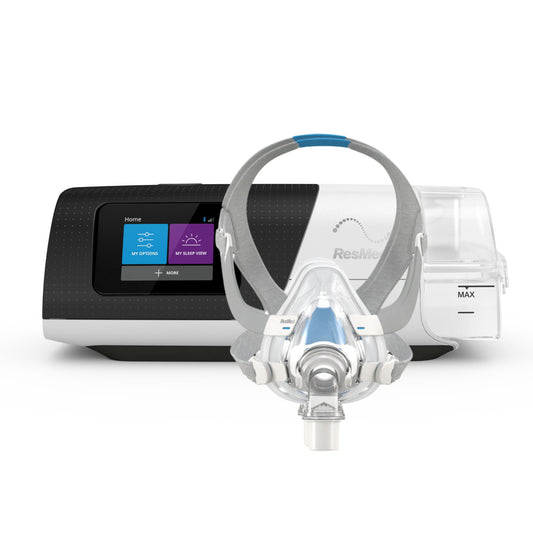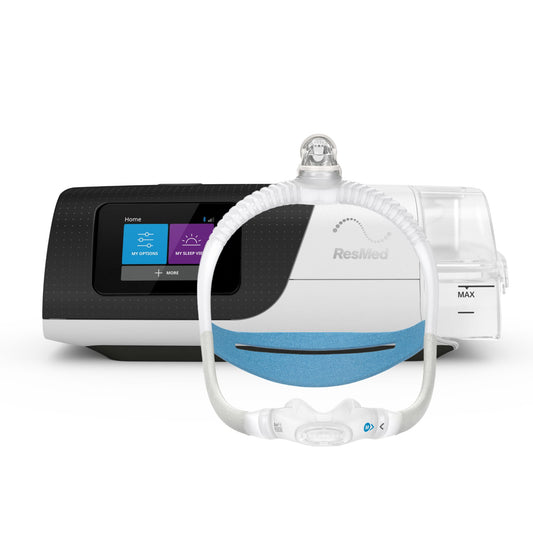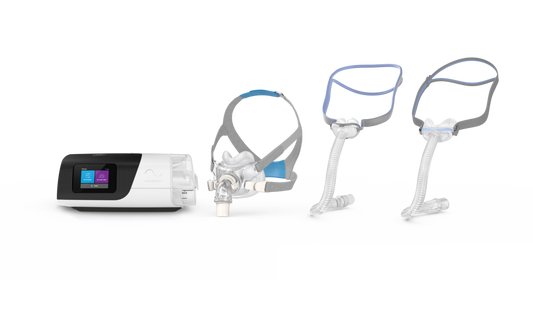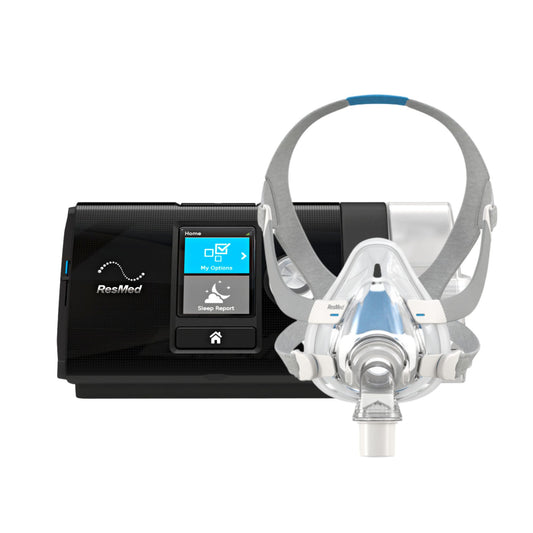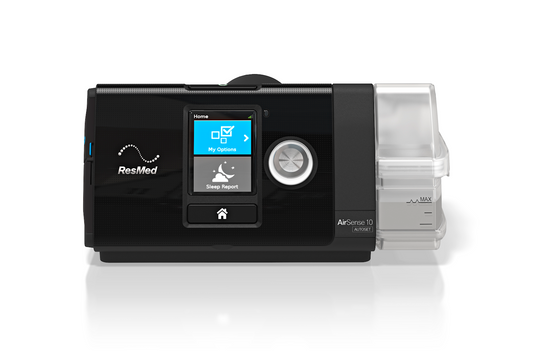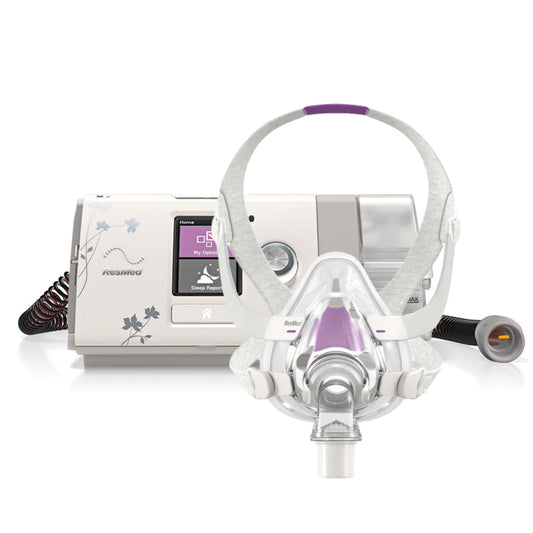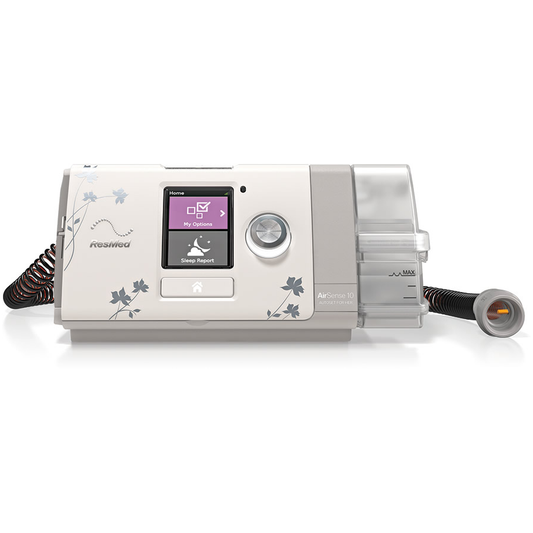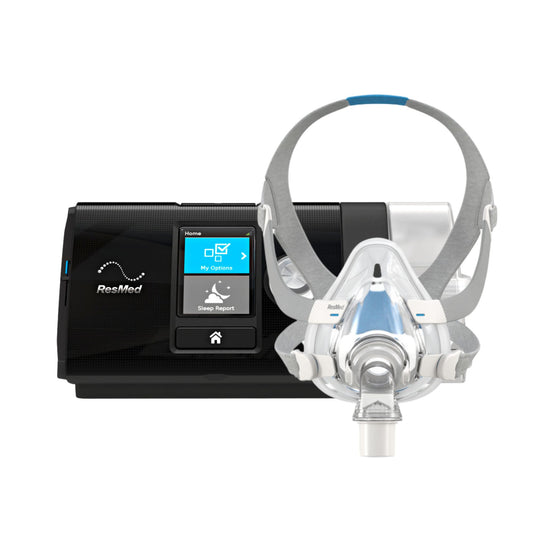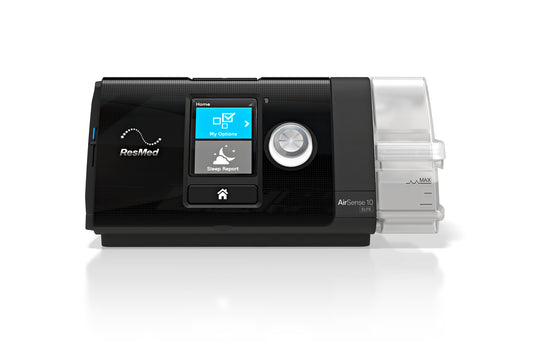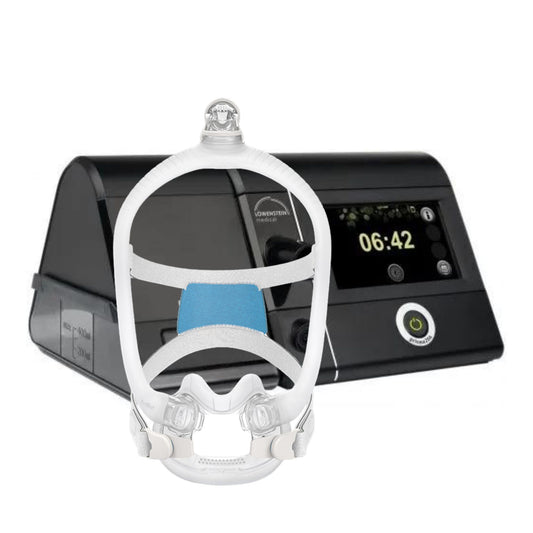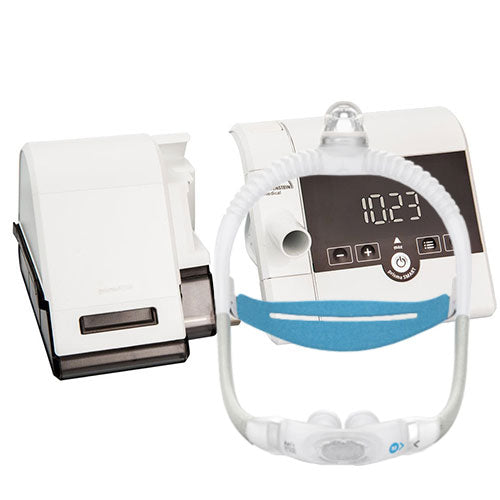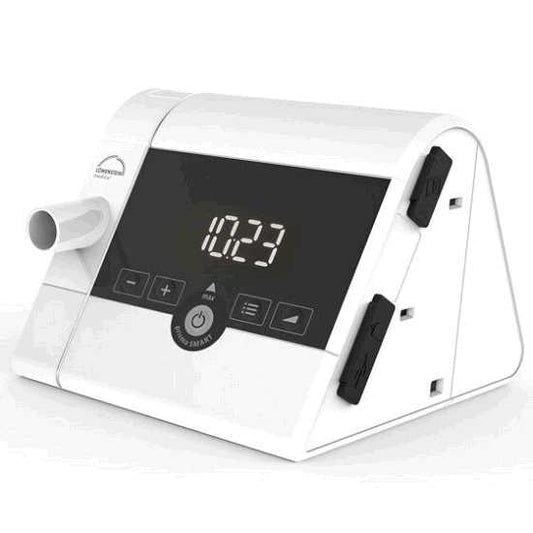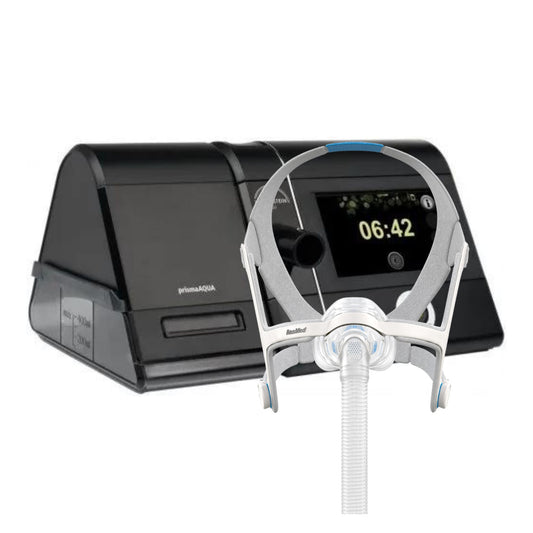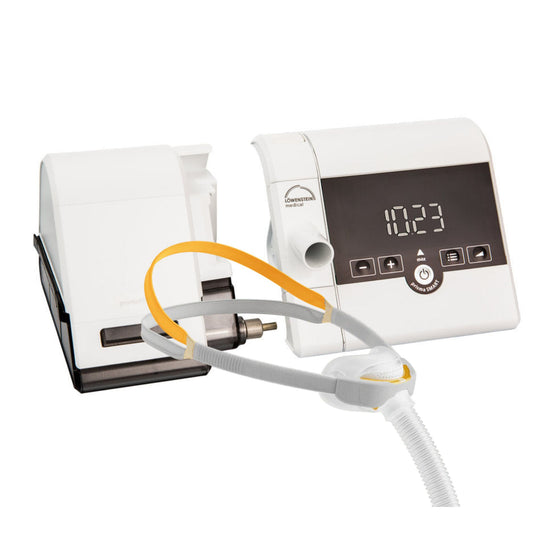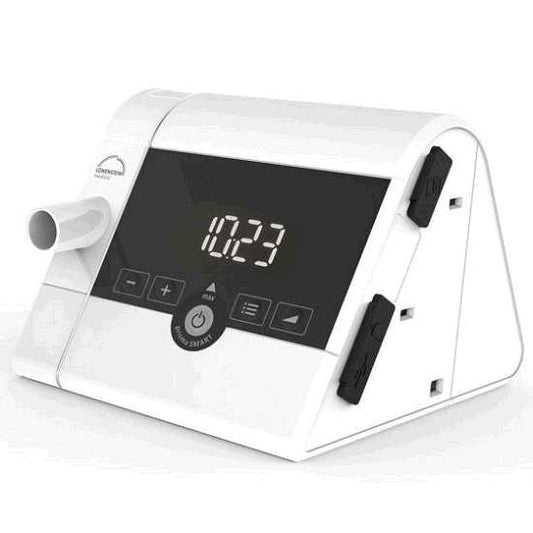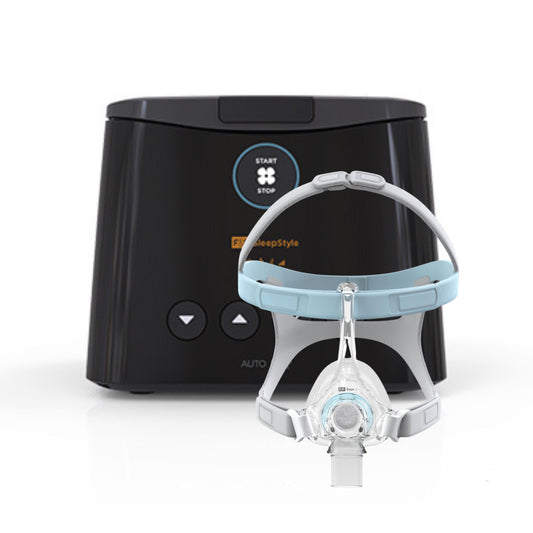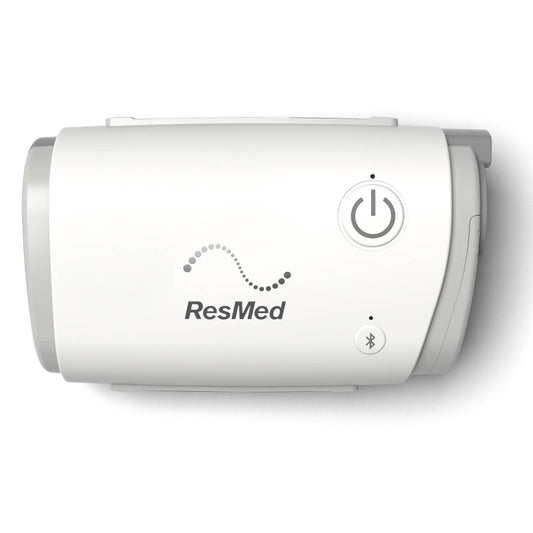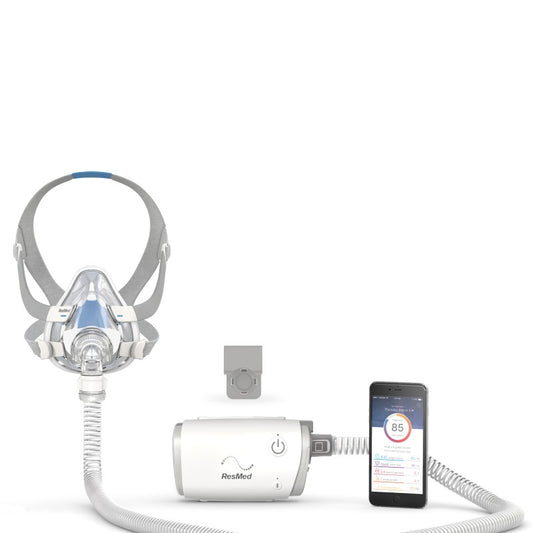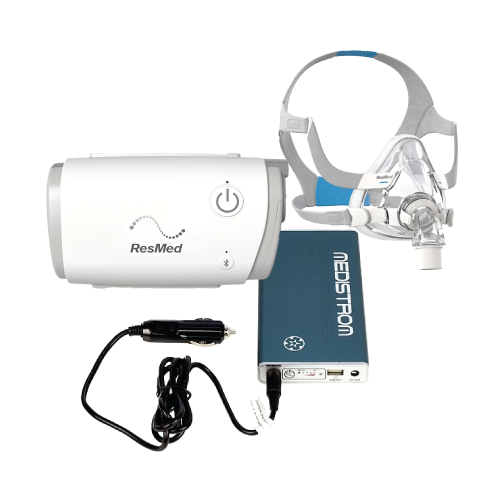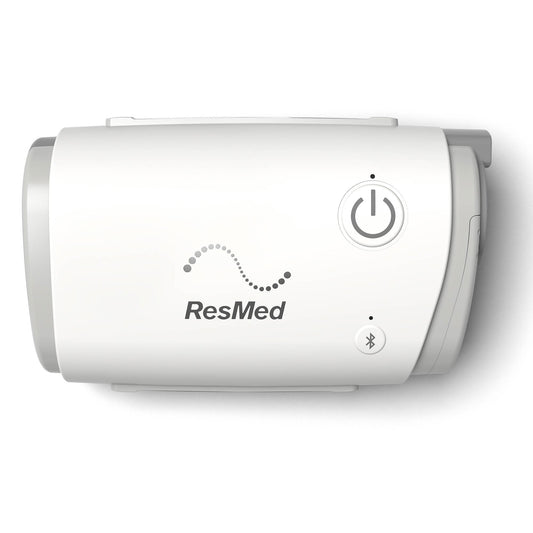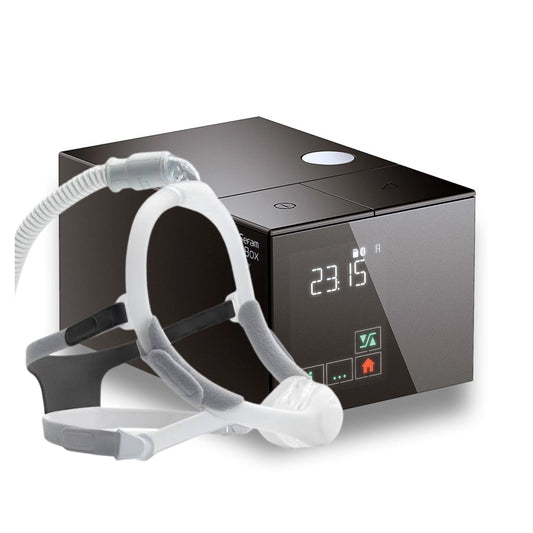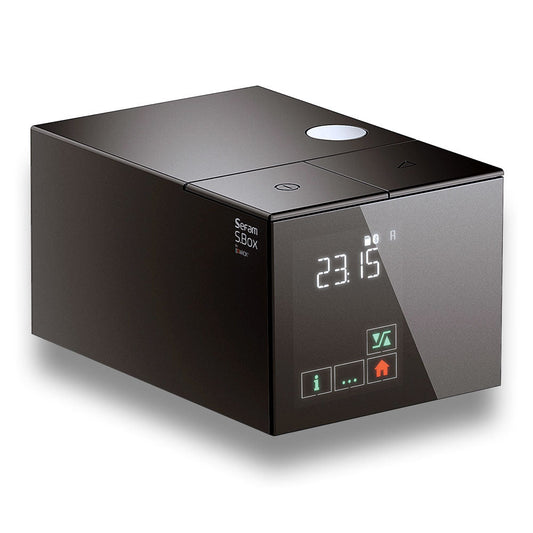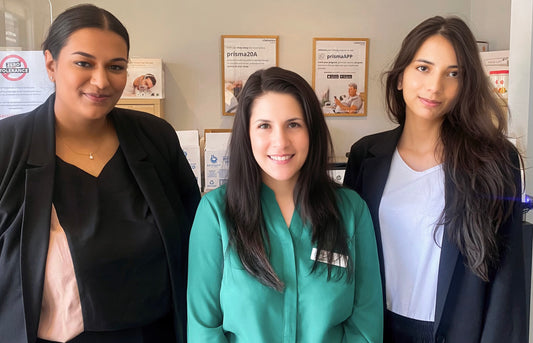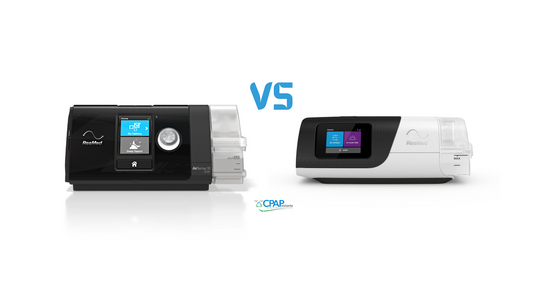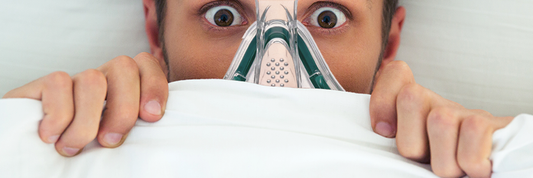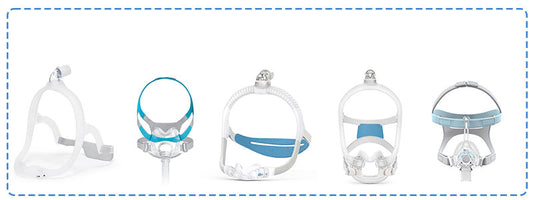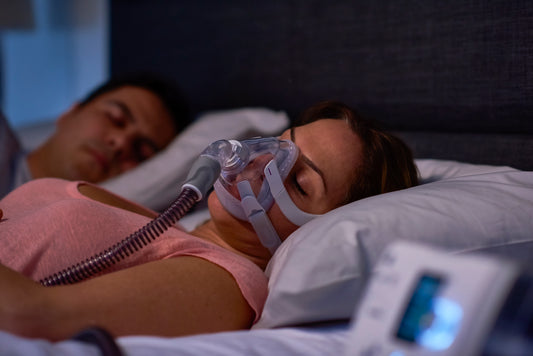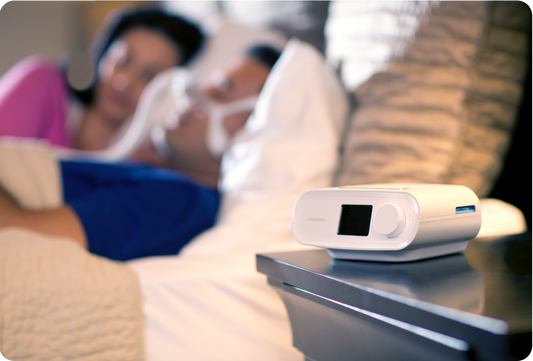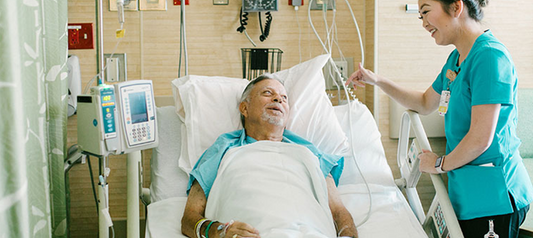It is not normal to constantly feel sleepy or tired in the daytime. There are sleep disorders that cause excessive daytime sleepiness no matter how much rest a person gets. Primary sleep disorders that reduce sleep quality and shorten the length of time one is asleep are obstructive sleep apnoea, circadian rhythm disorder, insomnia and narcolepsy. If left undiagnosed and untreated, sleep disorders will lead to daytime sleepiness that could eventually be the root cause of poor health, vehicular accidents and work-related accidents. A person’s quality of life may be diminished.
Obstructive Sleep Apnea
Obstructive sleep apnoea or OSA causes a person to stop breathing for several seconds hundreds of time during sleep. The pauses in breathing naturally affect the oxygen level of the person to be low, resulting to that person gasping for air, and waking up. As this episode happens many times during sleep, the sleep cycle is seriously interrupted. These sleep interruptions lead to insufficient sleep, which results to an exhausting sleep. The fact is most people with undiagnosed OSA do not realize they wake up numerous times throughout the night.
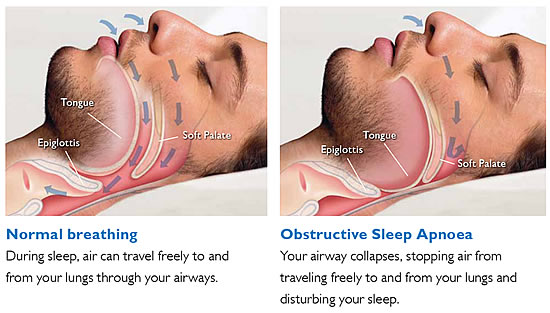
In the United States, statistics indicate that over 18 million adults have obstructive sleep apnoea (OSA). In Australia, statistics show that 25% of men and 9% of women have clinically significant OSA and some 4% of women and men show symptomatic OSA. Studies indicate that prevalence of OSA in Australia is on the rise due to a seemingly obesity epidemic. In spite of this, a large percentage of Australians with obstructive sleep apnoea are still undiagnosed and untreated.
Circadian Rhythm Disorder
The internal clock that regulates a person’s biological system and processes on a 24-hour period is called the circadian rhythm. This rhythm determines when a person is awake and when he sleeps. Day and night (or light and dark) guide the body’s normal clock. People with circadian rhythm disorder experience different wake and sleep times as dictated by their internal “clocks”. The waking and sleeping times of these people are not synched with the normal wake and sleep times. Thus they are forced to sleep and wake up against their internal body clock, leaving them unrested and tired the following day.
Some of the most common causes of circadian rhythm disorder are shift work and jet lag. Shift work disorder affects people who work during graveyard shift, overnight or rotating shifts. Doctors, nurses, security personnel and firefighters are examples. Changes in time zones or jet lag may also disrupt one’s circadian rhythm. However, this condition is temporary. Medical conditions such as pregnancy, Alzheimer’s disease, mental health disorders, and particular medications may disrupt a person’s circadian rhythm.
Insomnia
Extreme sleeplessness defines insomnia. It is a sleep disorder that makes it difficult or nearly impossible for a person to fall and stay asleep. Lack of sleep and sleep interruptions lead to irritability, daytime sleepiness and even depression. Insomnia may be a short term or a long term condition, primary or secondary. Primary insomnia is a sleep disorder in itself, whereas secondary insomnia may be caused by health conditions, medications, mental health disorder, or even substance abuse. A large number of people with insomnia do not seek medical help for their condition.
Narcolepsy

Persistent extreme daytime sleepiness may be due to a sleep disorder called narcolepsy. It is a sleep disorder that causes the sufferer to suddenly and unconsciously fall asleep anytime of the day, no matter his current activity. He may fall asleep while sitting, eating or even when talking to someone. This particular sleep disorder is dangerous as a person with narcolepsy may even fall asleep while driving or operating a heavy machine. Narcolepsy is commonly due to a dysfunction in the brain’s part that commands us to stay awake. There is no cure yet for narcolepsy. However it is manageable and treatable.
If you feel excessively sleepy during the day for quite some time now, it is best to see a physician to determine the cause. If you are diagnosed with obstruction sleep apnoea, call us now!
1300 750 006
